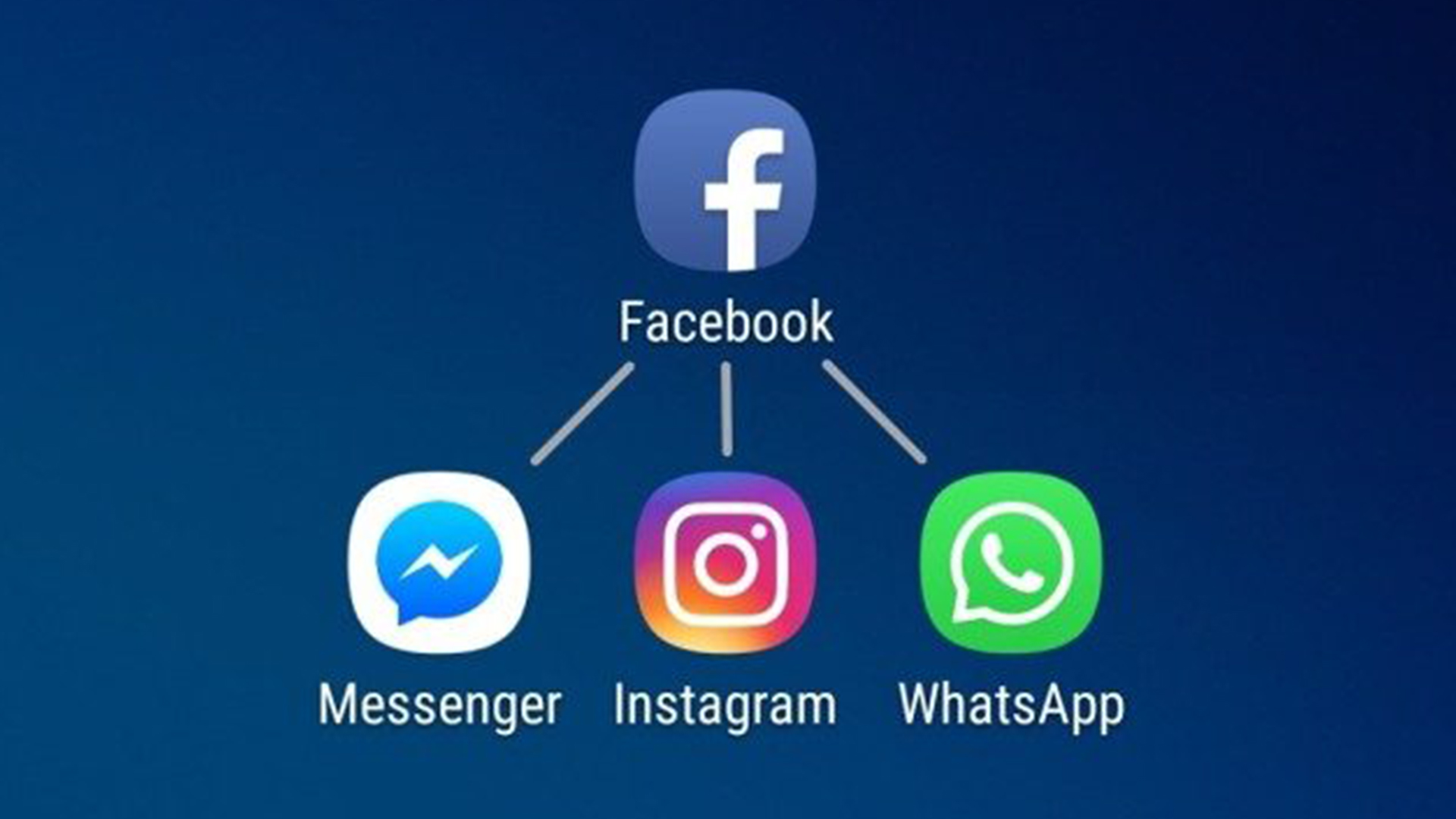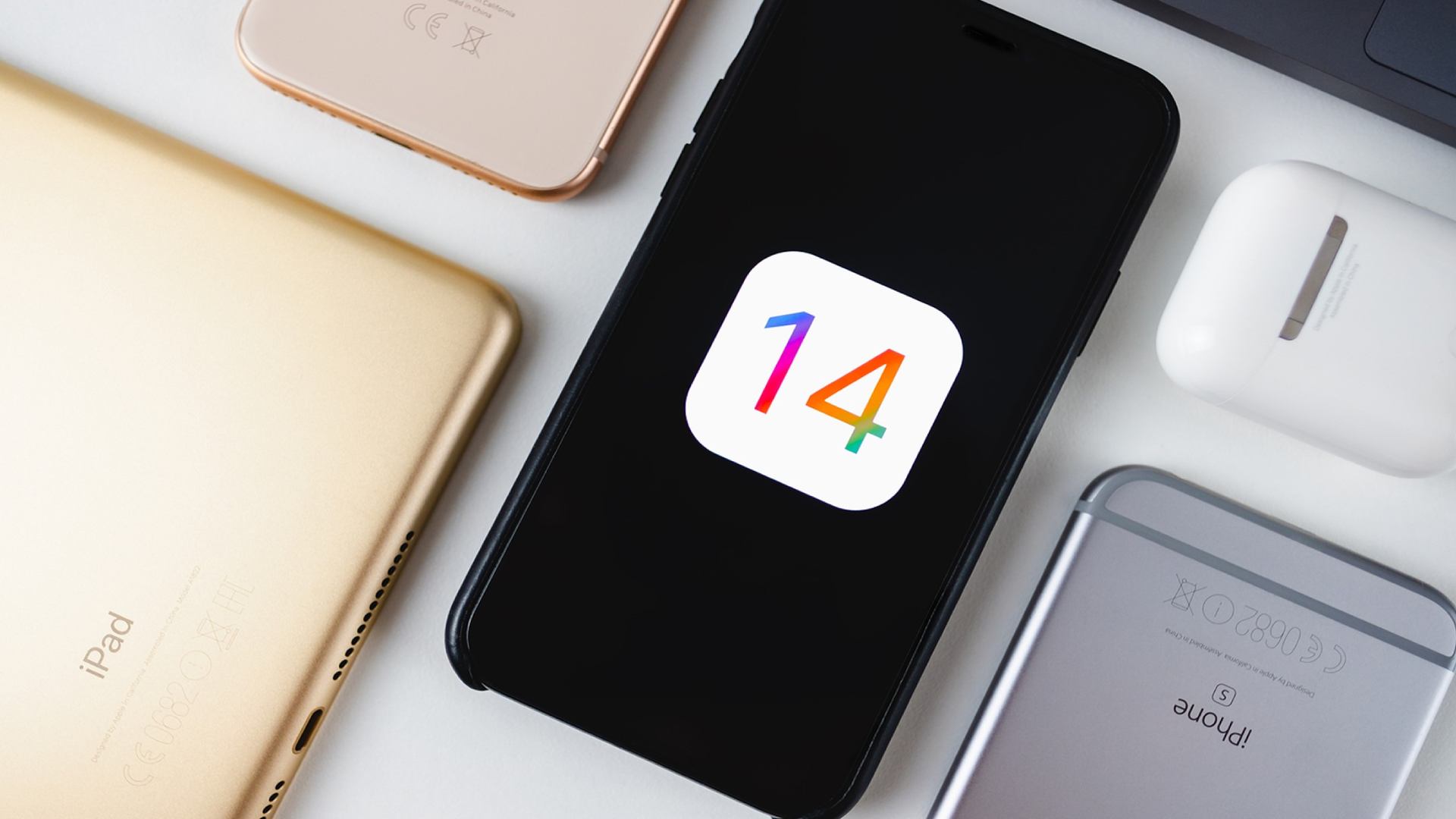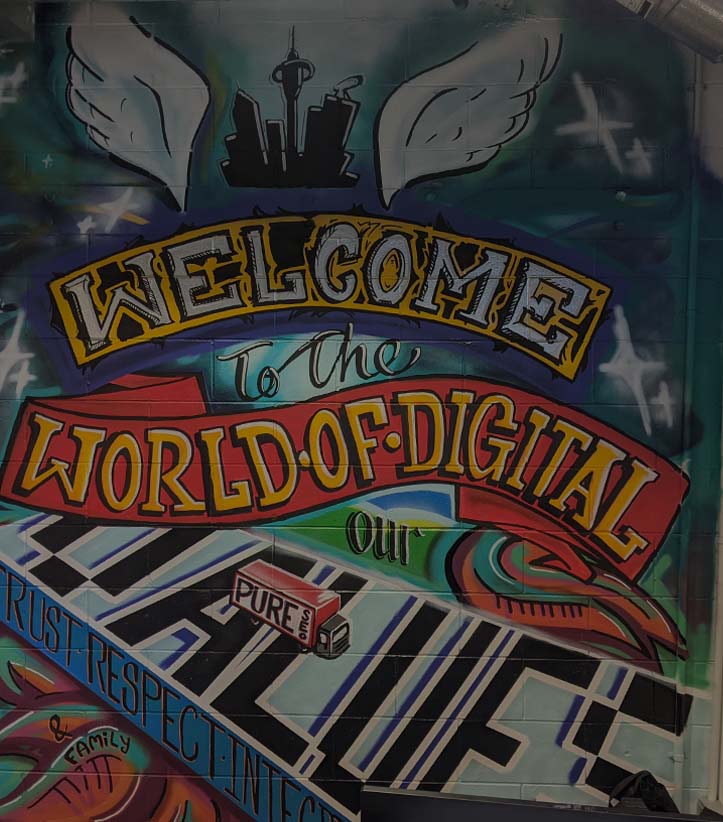
Facebook CEO Mark Zuckerberg has confirmed plans to merge the private messaging features of the company’s three major apps for some time now, first speaking about it early last year.
The merge combines WhatsApp, Facebook Messenger, and Instagram’s chat feature into one back-end, while keeping each of the three apps distinctly separate to the user. This update will mix some of the different app’s features together, allowing new chat options from Messenger in Instagram, for example. It also means that users can speak to each other in the same conversation from different apps.
Why is Facebook implementing this merge?
As early as January last year, Zuckerberg has been talking about the potential benefits of integrating the underlying infrastructure of these apps, saying; “The first reason I’m excited is moving more to end to end encryption by default in our products”.
It will also add some minor functionality to each app, such as the addition of Instagram’s ‘Watch Together’ feature to Messenger. Along with additions like these, the change is largely being billed as an added convenience for users, who no longer need to remember which app they are using for which conversation—all conversations will be accessible on any app.
But Facebook’s primary goals are certainly less focused on functionality, and they have maintained that their main reason for pushing the merger is in fact end-to-end encryption across all platforms.
Why is end-to-end encryption important to Facebook?
Facebook has been under fire for years now regarding poor privacy policies and leaky data protection. Many will remember the Cambridge Analytica scandal, in which the titular political consulting firm used user data that should have been confidential to target ads for the 2016 US election.
End-to-end encryption is, in short, a way of making messages readable only to the people in the conversation, and no one else. While these messages are ‘in-transit’ and stored on Facebook’s servers, they are scrambled, so that even if they were accessed illegally, they would be illegible.
Moving toward a policy of default end-to-end encryption is likely a calculated move by Facebook to recover from a lot of the damage done to their brand caused by the high-profile privacy scandals it’s suffered from over the last few years.
This is, in many ways, a win for users, who can feel more confident that their messages aren’t being read by Facebook, or any group that might be able to obtain them illegally from Facebook’s servers. However, this also leads to some difficult conversations around moderation, as it essentially takes Facebook off the hook when it comes to policing the use of their apps.
What does that mean? Well, Facebook would no longer need to worry about their messaging apps being used for harassment, abuse, or more heinous crimes like paedophilia. It’s relatively likely that Facebook would be interested in dropping moderation from their services where they can, as it’s an expensive and controversial area. You don’t have to look far to find horror stories about the intense psychological trauma endured by some of Facebook’s content moderation employees, forced to watch graphic and distressing content for hours.
Other potential privacy concerns
Merging these apps also gives rise to other privacy concerns which are less obvious at first glance. For instance, blocked users don’t carry over between apps, even though conversations do. You may block a user on Messenger, but they’ll still be able to message you in the same conversation thread if they log in through Instagram instead.
This also means that the three apps will run on a shared database, allowing Facebook to aggregate more personal data from users, and build even more accurate profiles of users through data collection, if they choose to. When the merge was first announced, it prompted the Irish Data Protection Commission to release a statement reminding Facebook that “ultimately the proposed integration can only occur in the EU if it is capable of meeting all of the requirements of the GDPR.”
What’s more, as the update rolls out, end-to-end encryption won’t actually be implemented yet. As reported by Wired Adam Mosseri, head of Instagram, end-to-end encryption “remains on the company’s map,” but could not provide a timeline of when users could expect it to roll out.
How the merge relates to Facebook’s ongoing lawsuits
Finally, it’s entirely possible that the merger is chiefly driven by an effort to stymie the progress of an ongoing antitrust lawsuit that Facebook is battling in the US.
Antitrust law exists to prevent companies from avoiding competition in their industry by becoming a monopoly, as competition is posited to benefit consumers. Across the world, experts and founding Facebook employees have been sounding the alarm over Facebook’s path toward monopoly, and much of this was spurred by the company’s acquisitions of Instagram and Whatsapp in 2012 and 2014 respectively.
One of the primary objectives for the US Federal Trade Commission would be to force Facebook to sell Instagram and WhatsApp to stop them from becoming too powerful in their industry. But—you guessed it—they won’t have to if they can argue that each app is connected to the same database.
Facebook remains a social-media superpower
Facebook’s messaging platforms combined see hundreds of billions of messages a day, and the COVID-19 crisis has only seen these numbers climb even higher. As Facebook’s power grows, and it continues to follow a pattern of buying out its competition, it’s easy to see why there are people advocating for stricter controls on the company’s behaviour.
At this stage, the new features available through this merge aren’t mandatory to use—if you want to opt out and keep Instagram and Facebook messages separate, you can.
















